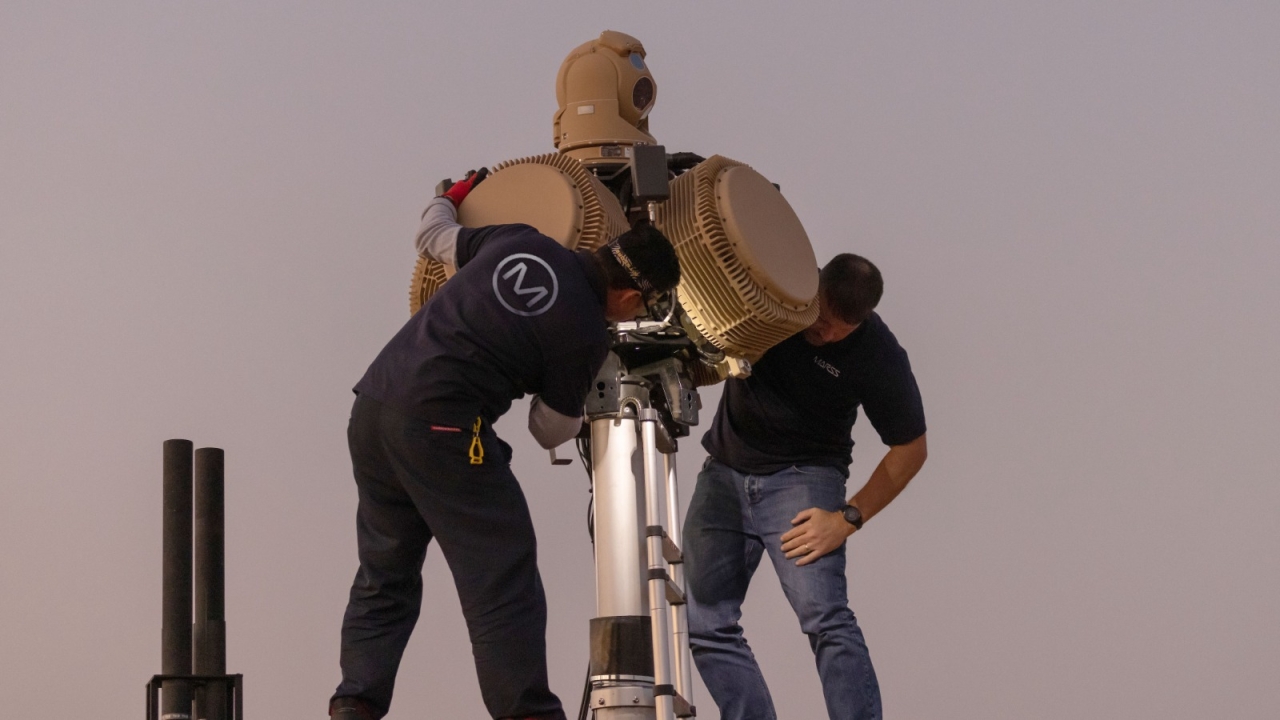BAE Systems aiming for multi-billion dollar TAI-up
BAE Systems is preparing for a special link-up with Turkish Aerospace Industries (TAI). Alan Warnes reports.

BAE Systems is on the verge of signing a multi-billion dollar four-year contract with Turkish Aerospace Industries (TAI).
As part of Turkey’s national fighter programme, also known as TF-X, the Turkish Government launched a competition last year for a foreign collaboration company (FCC) to assist with the project.
The enormity of the job will not be lost on BAE Systems, with Turkey wanting the jet to fly in 2023, coinciding with the 100th anniversary of Mustafa Kemal Atatürk founding the secular Islamic state.
BAE Systems held off European rivals, Airbus Defence and Space (ADS) and Saab, to be selected late last year. It will work with TAI as FCC and negotiations over a four-year contract have been on-going for several months now, according to one source.
“There have been pre-contract studies between BAE Systems and TAI over the last few months and, once finalised, more contracts can be awarded. The FCC has joint responsibility for the design of aircraft with TAI and, together, they will work out the detail.”
If the discussions fail, then it will fall to ADS or Saab to deliver. However, most people expect to see the deal with BAE Systems signed within a few months.
A project management office, headed up by a two-star Turkish Air Force general, will oversee the whole process. The two organisations are working on a schedule for the sequence and scope of the contracts that need to be signed.
The Turkish Government is seeking the support of its opposite number in the UK to share responsibility for the fighter, and to back it not only with industrial participation but to export it too. Having government support is paramount to Turkey and, with the UK heading out of the EU, it’s a deal the UK should be keen to be involved in.
By the end of the four-year contract, which, if signed soon, will be completed in 2020, the preliminary design will have been agreed.
But there will be no commitment during that time to a first flight date. That will come in the next contract, which is also likely to be four years and see the number of people working on the project rise from the hundreds to the thousands.
One source said: “It is not easy to set up such a programme because it is not just about TAI and BAE Systems working together. Other stakeholders, representing the engines and avionics, have all to be considered.”
Export rights, industrialisation, as well as strategic aspects, are all under consideration, with the engine being the most crucial part of the latter. Rolls-Royce and Eurojet are both likely to be considered, although everyone is remaining tight-lipped about whether it will be a one or two-engine jet.
The Turkish Government is seeking the new fighter to replace its fleet of F-16s, with the Block 30s being the first.
The new fighter will eventually work alongside the F-35 Joint Strike Fighters on order by the Turkish Air Force, which will replace the F-4E Phantom 2020s.
TAI already has experience of working with future fighters. It signed a $100 million, long-term agreement with Northrop Grumman in June 2005 to produce composite parts and subassemblies for the F-35 centre fuselage, developed by Northrop Grumman. Delivery of the first one, from Ankara, took place in March 2011.
So TAI does have some manufacturing experience of a fifth generation fighter, which will help the TF-X project. But, with so many other projects going on, the company has its hands full.
Stay up to date
Subscribe to the free Times Aerospace newsletter and receive the latest content every week. We'll never share your email address.

